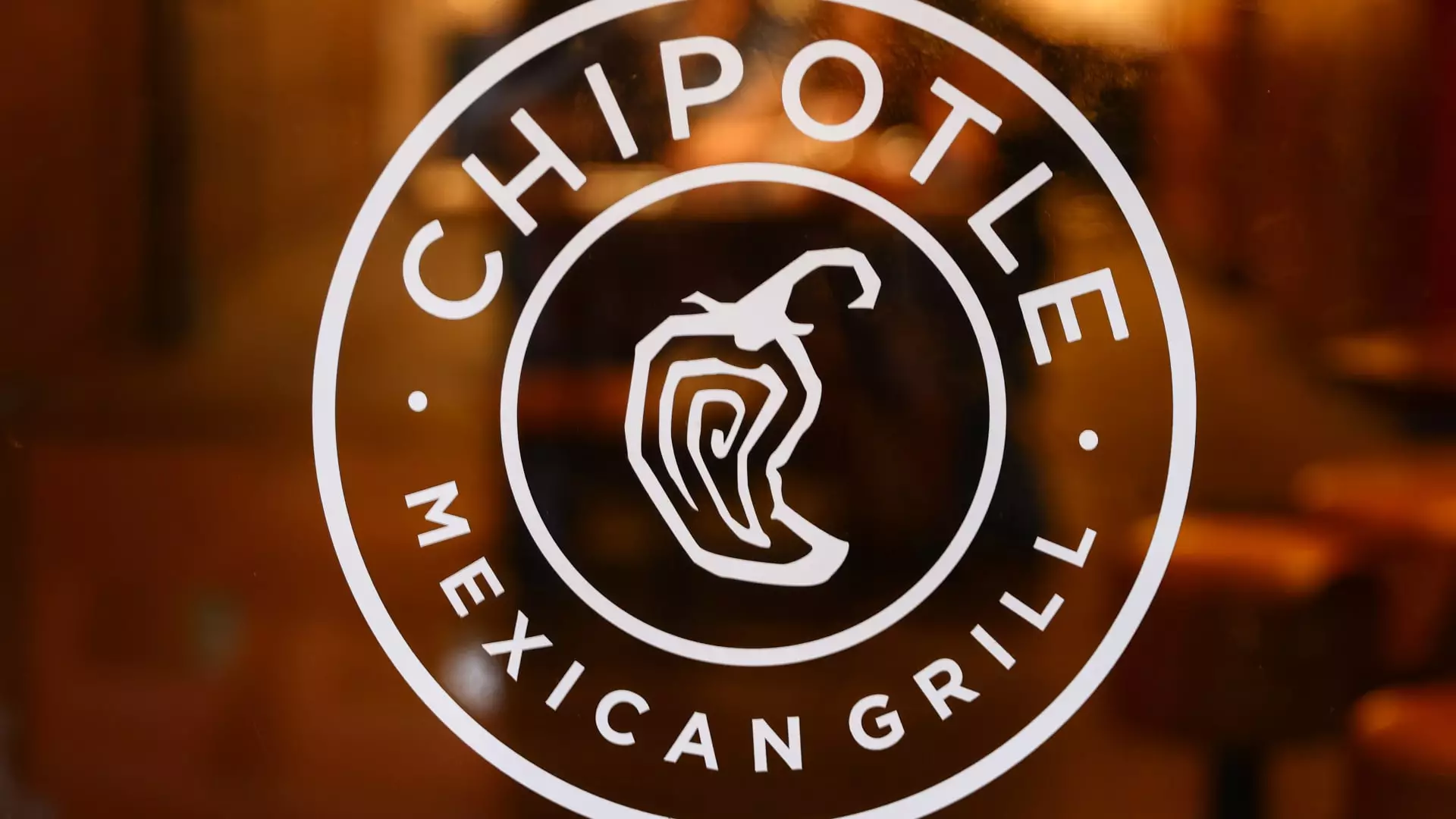In a surprising yet strategic maneuver, Chipotle Mexican Grill has announced plans to open its first location in Mexico in early 2026. This move signals a noteworthy phase in the company’s international expansion, which has long been dominated by its operations within U.S. borders. By partnering with Alsea, a well-established player in Latin America’s food service sector, Chipotle is clearly betting on the allure of its fresh, fast-casual dining model—one that emphasizes quality ingredients and sustainability.
However, the timing of this expansion raises eyebrows. With the backdrop of ongoing tensions between the U.S. and Mexico, particularly during the presidency of Donald Trump, many may question whether this ambitious leap is a cunning business strategy or a reckless gamble. That said, the potential risks of branching into a market fraught with political and economic uncertainty cannot be understated.
Understanding Consumer Sentiment
There’s a palpable irony in Chipotle’s venture into the very country that birthed its core culinary identity. The company is banking on an inherent familiarity among Mexican consumers with the ingredients and flavors it offers. Chipotle’s executive team, particularly Nate Lawton, expresses confidence in winning over locals by providing fresh food that resonates with their culinary traditions. But let’s face it—American interpretations of Mexican food often fall flat in the eyes of local diners who have access to authentic cuisine.
Previous attempts by U.S. franchises, such as Taco Bell, to penetrate the Mexican market have met with abysmal failure, raising concerns that Chipotle may repeat those missteps. U.S. companies often underestimate the depth of cultural appreciation for traditional Mexican fare. Chipotle must not only navigate the complexities of consumer preferences but also contend with the established legacy of authentic Mexican cuisine that thrives in every corner of the country.
The Underlying Economic Dynamics
To add complexity to the situation, Chipotle’s decision comes amid volatile trade relations, particularly regarding agricultural imports like avocados—vital to its menu. Recent attempts by the Trump administration to impose tariffs on Mexican goods could hinder business operations and inflame prices, affecting both supply and consumer demand. While Chipotle has diversified its sourcing options, approximately half of its avocados still come from Mexico. This reliance poses a significant challenge; any political upheaval or economic instability could directly impact their cost structure and ultimately, their pricing strategy.
Moreover, as Chipotle explores broader Latin American markets following their debut in Mexico, it must carefully assess the cultural nuances across different countries. The fast-casual restaurant sector in its current form is not an easy sell everywhere. Expectations vary; what works in one locale may not translate effectively in another, and failing to read the room could spell disaster.
A Balanced Approach to Expansion
Chipotle’s expansion into Mexico is not merely a business move; it’s a social experiment laden with complexities. The company is grappling with an intricate web of consumer expectations, cultural authenticity, and external economic forces. While there is an undeniable opportunity here, the overarching sentiment should be one of cautious optimism. The path ahead is fraught with potential pitfalls, but if Chipotle plays its cards right, it could redefine its international footprint. Yet, history serves as a poignant reminder that success in one market does not guarantee triumph in another—especially when that market holds its culinary traditions dear.

Leave a Reply